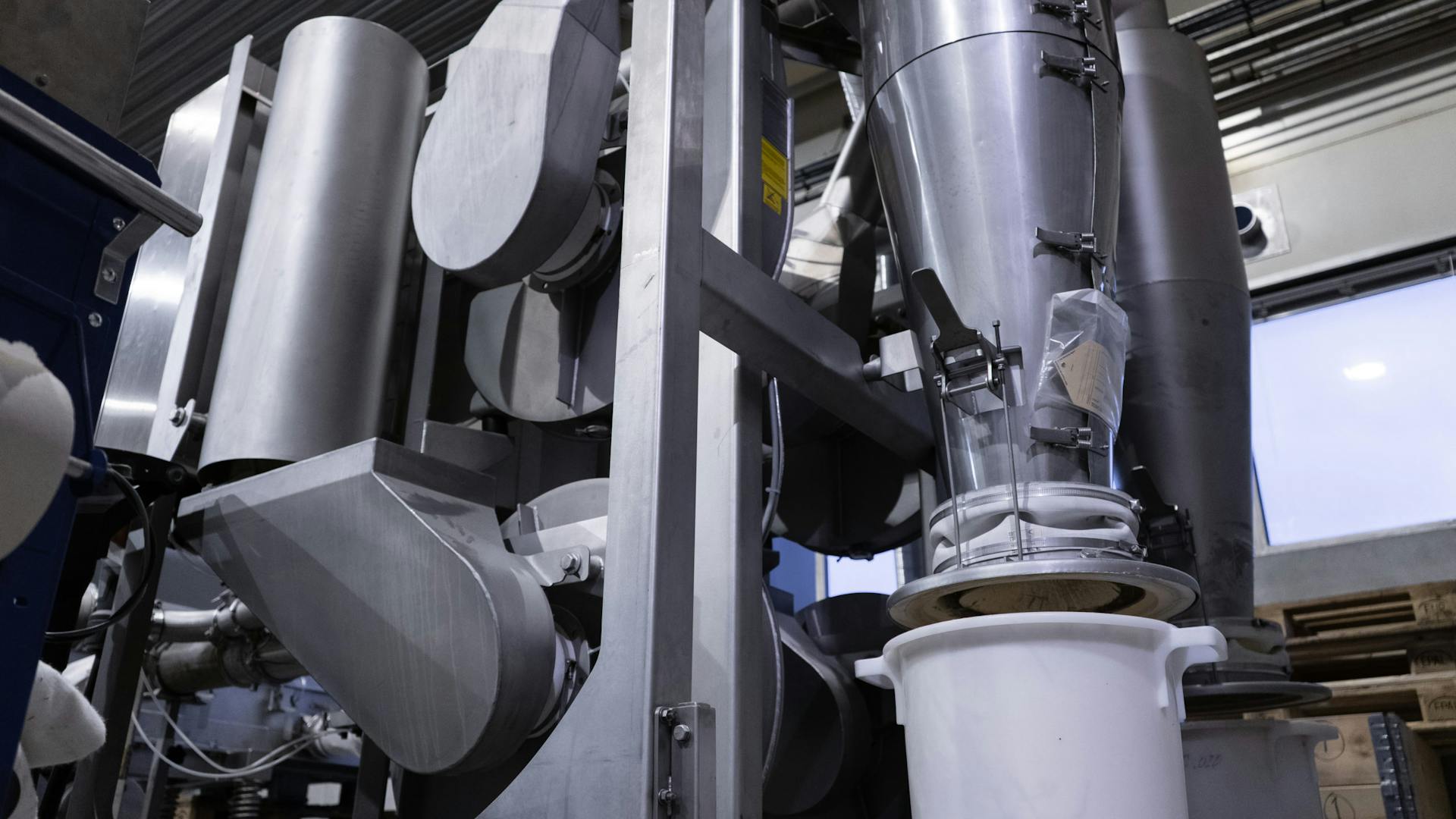
Solutions
Objective
Alginor is developing innovative, scalable, disruptive and green technologies for industrial scale harvesting and biorefining of the brown macroalga Laminaria hyperborea. Alginor aims to increase the supply, variety, purity, quality and traceability of kelp ingredients for direct business-to-business sale to the global markets by establishing Europe’s first biorefinery for total utilisation of kelp, with no downstream biomass waste and no use of toxic process chemicals, e.g., formaldehyde.
Competitive advantages
Fully integrated
Vertical value chain
Zero
Formaldehyde
100%
Downstream utilisation
6
Product categories
Unique
Quality products
Direct costs
Allocated on 6 product categories instead of 1
Smaller
Carbon footprint
Renewable
Raw material
Well-defined
Starting materials
Improved
Harvesting operations
We solve industry challenges through innovative solutions
Biorefining has strong roots in the petroleum industry but it remains a novel venture in the kelp industry. The current kelp industry only utilises Laminaria hyperborea for its alginate content, and is unable to extract and commercialise the entirety of its valuable substances. As a result, the majority of the biomass (up to 85%) is released back into the sea.
Through years of research and development, we have discovered that Laminaria hyperborea has more to offer than just alginates – in fact, a lot more. We believe that if we are to harvest this extremely valuable natural resource, we should to the best of our abilities aim to extract every valuable substance in the kelp, and not only alginates.
The predominant bottleneck in the current industry is neither raw material access, production capacity nor demand, but a preservative agent known as formaldehyde. When freshly harvested kelp is exposed to air it quickly starts to degrade, leading to discolouration and quality impairment. Stabilising the kelp quickly is crucial to preserve its colour and quality. This is where formaldehyde comes into play as an excellent preservative.
This solves a major problem, but simultaneously creates several new ones. Extensive washing steps are required to lower the concentration of formaldehyde in the alginates to acceptable limits, which is a given considering that alginates are used as ingredients for pharmaceutical products. The extensive washing and process steps required to extract other products is simply unprofitable in the current industry. The same applies to the remaining biomass that is released back into the ocean, which needs to be within regulated limits. On top of this, the annual release of formaldehyde to the ocean is capped through a local permit, which effectively limits downstream production.
Through innovative separation methods and green chemistry extraction techniques, we have discovered a way to produce not only alginates, but a portfolio of ingredients, without using a single drop of formaldehyde at any stage of our upstream or downstream processes.
Continue to an in-depth look on our solutions.